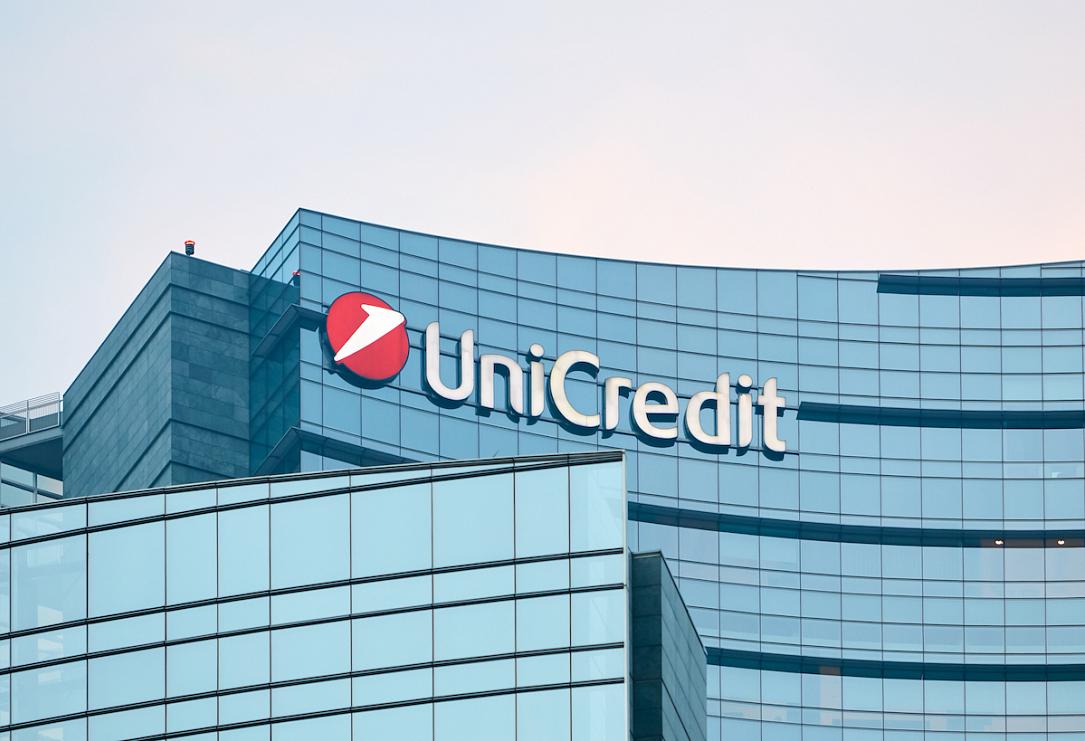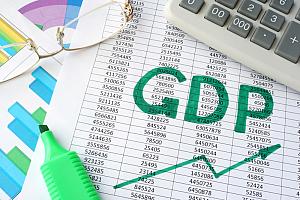UniCredit expects falling private consumption to prompt technical recession in Romania

UniCredit Romania said in its latest CEE Quarterly report that it expected Romania’s economy to undergo a shallow technical recession in Q4 22-Q1 23, with private consumption driving the slowdown.
Romanian households’ purchasing power fell last year, with real wages expected to fall also in 2023, the bank’s analysts argue.
In addition, financial conditions will continue to tighten because the variable interest rate applied to loan contracts is adjusted with a delay of one quarter and will remain high throughout 2023.
The outlook for investment is mixed, with public investments expected to lead the growth. The planned private investment in electric mobility (at the Ford factory in Craiova) is seen as impressive, though, particularly as, unlike the Visegrad countries, Romania does not pursue an FDI strategy.
In contrast, UniCredit expects public investment to outpace that in neighbouring countries owing to good planning and management of EU-fund absorption and to RRF inflows. Slow progress in 2023 might unlock additional funding worth around 1% of GDP, compared to zero in Hungary, Poland and, likely, Czechia.
Road and energy infrastructure works are advancing slowly but are geopolitical priorities and, thus, unlikely to be crowded out, in the view of UniCredit analysts.
iulian@romania-insider.com
(Photo source: Andersastphoto | Dreamstime.com)













